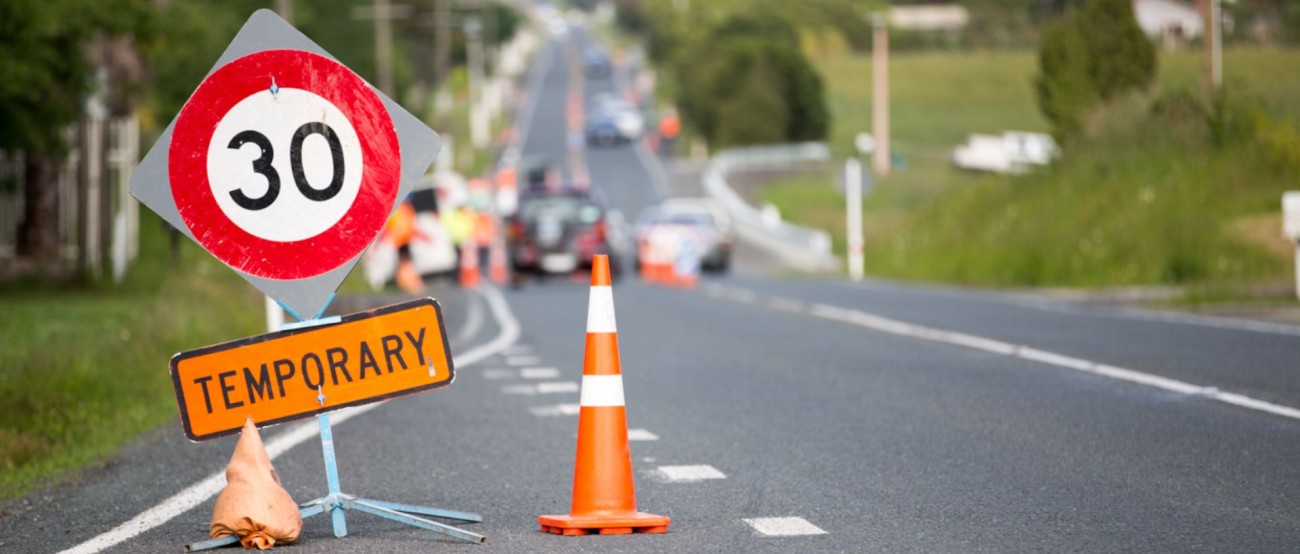Speed limits are being lowered around the country as part of a "Road to Zero" plan by the government. The Ministry of Transport website proudly lays out the strategy:
"New Zealand has committed to decisive action on road safety under Road to Zero: New Zealand's road safety strategy for 2020–2030. Road to Zero adopts a vision of a New Zealand where no one is killed or seriously injured in road crashes, and a target for reducing annual deaths and serious injuries by 40 percent by 2030."
Is this a serious plan or part of some sinister plot? The Netherlands is a country that is often pointed to for schemes like this, including more cycleways and denser urban areas.
That's how I know the strategy set out by the Ministry of Transport here won't work. Many of the transport revolutions The Netherlands undertook were demanded by the people and developed over the last half-century, starting in the 1970s. At the time it was not uncommon for school children to be killed in car accidents on their way to or from school and Dutch roads were more dangerous than American ones. The "Stop de Kindermoord" campaign led to a cultural change where separated bike lanes, lower speed limits, and road redesigns were systematically implemented into law.
It's been 50 years since then, and roads are reviewed and improved at the end of their 30 year lifespan. Almost every serious accident and fatality (even due to speeding or drunk driving) triggers a review into if the safety of the roads can be improved. Almost every road over 50kph in The Netherlands has completely separated traffic lanes—making high speed head on collisions almost impossible. The country itself is fairly compact with strict rural-urban boundaries. Urban density with strict city limits that open up into vast expanses of farmland had been there for centuries. The "15 minute city" was part of the cultural fabric.
The culture in New Zealand is entirely different, as is our road network. These things are hard to change, and a cultural shift on transportation will be even more difficult to achieve as government agencies continue to burn goodwill and social cohesion on the funeral pyre of globalist agendas. Co-governance, 15-minute cities, lower death tolls on the roads—these projects will be fought tooth and nail.
It is possible and it is pleasant to live in and travel through a transport network designed around both "road to zero" and "15 minute city" agendas, as I have done many times on extended holidays. Having a community that is compact is very much a traditionally conservative thing. If you can walk or bike to the shops, see your friends within a ten minute radius, and kids can safely play on the streets then life is better than living in a place where you have to drive in traffic for an hour to get anywhere.
However, people are now rightly suspicious of various smart city initiatives, being tracked for travel, and the possibilities of zones being "locked down" at government diktat. The dystopian conspiracies exist because people are suspicious of those pushing these agendas without even bothering to do the hard work to seek their buy-in or properly respond to their concerns.
We're seeing many of these things implemented half-heartedly now. NZTA doesn't have the resources to provide barrier separation or realignment to vast stretches of our road network, so we see the one thing they think they can do: lower speed limits. The theory is sound: if people drive slower then crashes are less lethal. Sometimes these measures can have the opposite effect in the real world, as the police found when they implemented a "zero tolerance" approach to speeding only to see the road death toll climb.
The short-term nature of the Ministry of Transport's goals also don't give me much confidence they will succeed. What they're after will take a generation to change, and the places that have made these changes successfully didn't do so in an environment with decreasing trust in their institutions.
